The Bible and the Church have been the greatest stumbling blocks in the way of women's emancipation
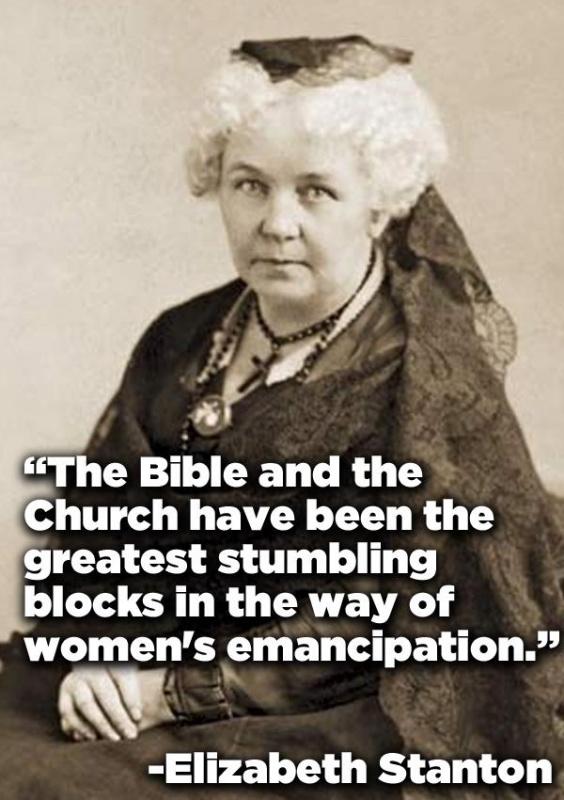
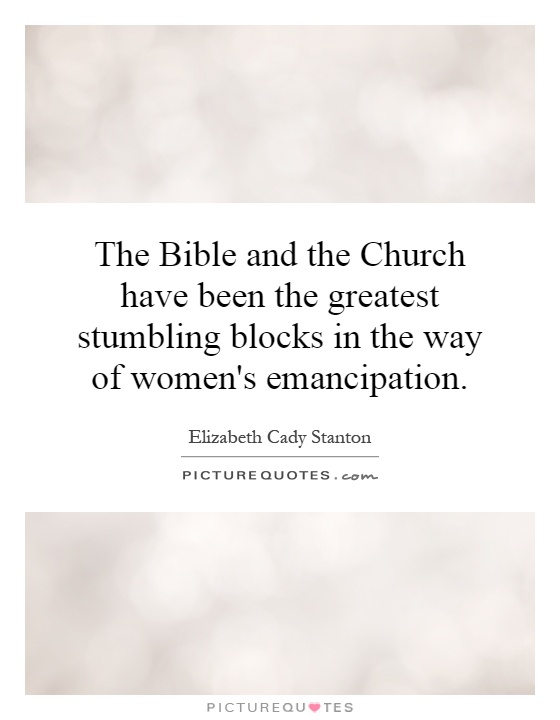
Atheist QuotesThe Bible QuotesStumbling Block QuotesThe Great QuotesAbout Women QuotesStumbling Blocks Quotes
The Bible and the Church have been the greatest stumbling blocks in the way of women's emancipation
Elizabeth Cady Stanton, a prominent figure in the women's suffrage movement in the United States, was a fierce advocate for women's rights and equality. Throughout her life, she fought against the societal norms and institutions that oppressed women, including the Bible and the Church. Stanton believed that these institutions were the greatest stumbling blocks in the way of women's emancipation.Stanton's criticism of the Bible and the Church stemmed from their teachings and interpretations that perpetuated the subjugation of women. In many religious texts, women are portrayed as inferior to men, with their roles limited to serving their husbands and bearing children. These teachings were used to justify the unequal treatment of women in society, denying them the same rights and opportunities as men.
Stanton argued that the Church, as an influential institution, played a significant role in upholding these oppressive beliefs and practices. She believed that the Church's teachings on gender roles and relationships reinforced the patriarchal system that kept women in a subordinate position. Stanton saw the Church as a powerful force that controlled the moral and social norms of society, making it difficult for women to challenge and change the status quo.
Stanton also criticized the Bible for its lack of female representation and for the stories that depicted women in a negative light. She believed that the Bible's portrayal of women as temptresses, sinners, and submissive beings contributed to the devaluation of women in society. Stanton argued that these negative stereotypes perpetuated harmful attitudes towards women and justified their exclusion from positions of power and authority.
Despite facing backlash and criticism for her views on religion and the Church, Stanton remained steadfast in her belief that women's emancipation could not be achieved without challenging these institutions. She called for a reexamination of religious teachings and a reinterpretation of the Bible to promote gender equality and justice for women. Stanton's advocacy for women's rights and her criticism of the Bible and the Church continue to inspire feminists and activists to challenge the oppressive structures that limit women's freedom and equality.

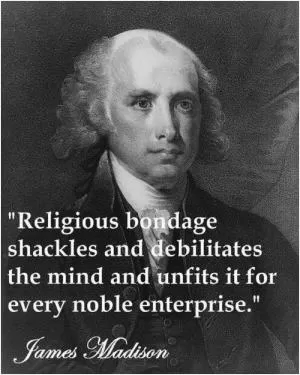


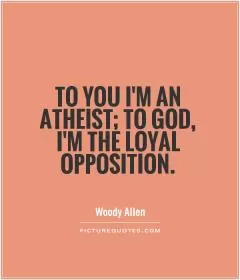
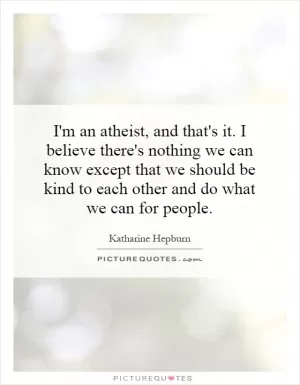
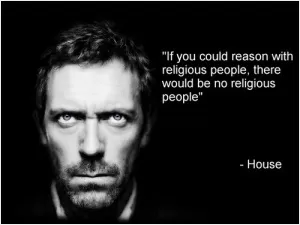



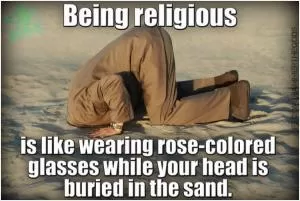
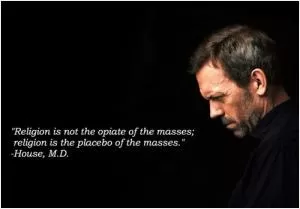
 Friendship Quotes
Friendship Quotes Love Quotes
Love Quotes Life Quotes
Life Quotes Funny Quotes
Funny Quotes Motivational Quotes
Motivational Quotes Inspirational Quotes
Inspirational Quotes